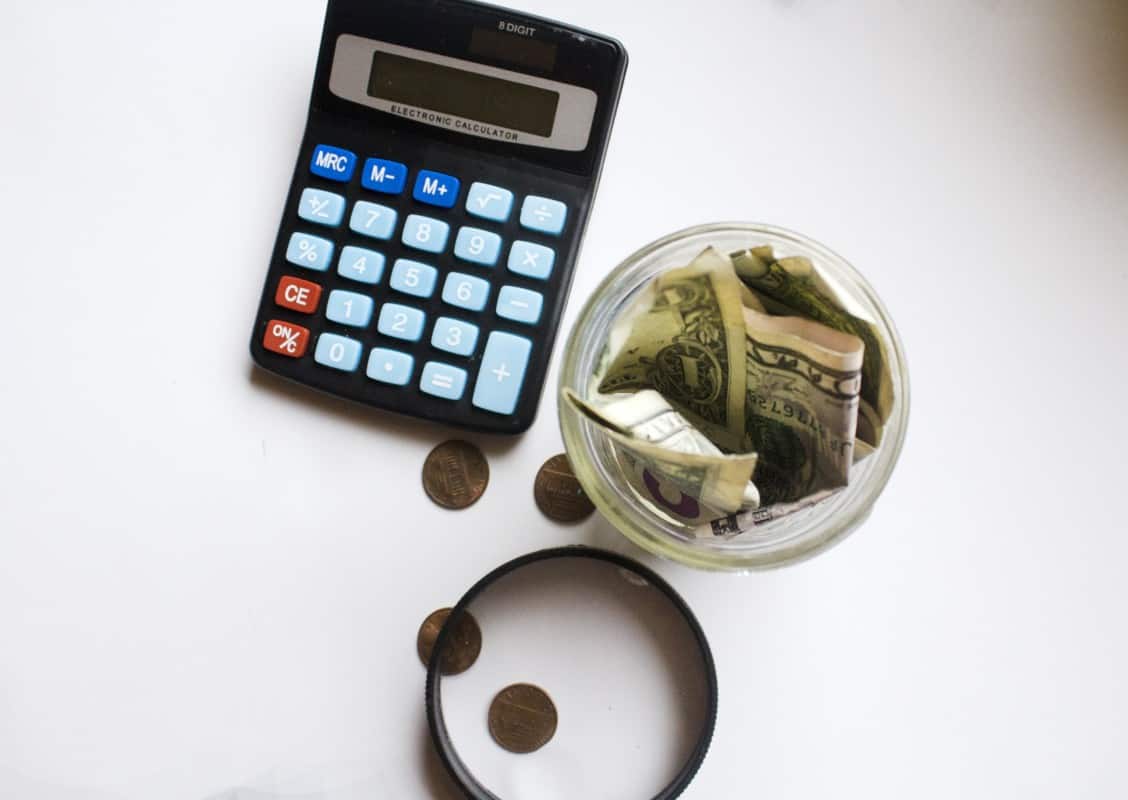5 Things All 20-Somethings Need to Know About Saving for Retirement

One of the very first things I did with my financial advisor was sit down and plan out how I’m going to save for my retirement. I’m 23, so that may seem a little premature — but retiring is expensive! Like, a million dollars (or more) kind of expensive. It was something I had rarely (if ever) thought about up until that point, I guess retirement had always been one of those things I just assumed was a given.
Newsflash: it’s not. Here are some of the most important things you should know about saving for retirement in your 20s.
1. Start Saving Now
When you go on a vacation, you should save up a little money before you leave so you can enjoy yourself while you’re gone and not have to worry about running out of cash. Since retirement is basically one (very) long vacation, it makes sense that you would treat it the same way, right? Saving enough money to live comfortably for 20 to 30 years without working isn’t quite as easy as saving up enough money for a 10-day beach trip. But it’s infinitely easier the earlier you start.
Think about it like this: money you put back in your twenties will have four decades (or more) to mature as the result of market gains and compounded interest. Compound interest means that the interest you make each year is added to the principal amount, resulting in even more interest accrued the next year, and so on. This means that for every dollar invested at the age of 25, you could see up to five times more value than the same amount invested at the age of 45. The difference between saving now and waiting until later could be several hundred thousand dollars.
2. Take Advantage of Your Disposable Income
Though your salary may be lower than it will be in your 30s or 40s, your 20s are likely a time of pre-kids and pre-mortgage — which means that your disposable income is likely much higher than it will be in the future. Many experts advise that you put 10% of your income towards retirement every year. If that number seems high now, it will only get harder as you get older and your financial responsibilities increase.
If you invest $5,000 when you are 20 years old and then contribute just $100 every month after that, you will have almost $700,000 by the time you are 65 years old (based on 8% annual interest rate). You could add an extra $100 a month to your retirement savings just by packing your lunch instead of eating out, or even making your own coffee instead of hitting up Starbucks every morning. Take advantage of every extra dollar you earn instead of blowing it just because you have it.
3. Use Your 401(k)
If you earn a salary, your employer most likely offers some type of retirement plan, like a 401(k), that you can contribute to if you want. You don’t have to, but it is a good idea to participate in these plans, especially if your employer will match your contributions.
For example, my 401(k) plan includes up to 4% employer matching, meaning that if I choose to contribute from 1% to 4% of each paycheck, then my employer will contribute the same amount. This is one of the best and easiest ways to double your retirement savings, so make sure you are taking advantage of employer matching! If you don’t know how much you are currently contributing or how much your employer will match, ask your HR director for some clarification.
4. …But Don’t Put All of Your Eggs in One Basket
Though a 401k is a good place to start, there are several other great options for individual retirement funds that are not offered by your employer. A Roth IRA is very similar to a 401k in that it is a combination of stocks and bonds — the biggest difference is that you are taxed on your contributions to a Roth account rather than on withdrawals, like a 401k. This means that the money you put into a Roth IRA has already been taxed and, therefore, won’t be taxed when you withdraw for retirement. Money contributed to a 401k is pre-tax, but taxed when you begin making withdrawals. Since you are likely in a lower tax bracket now than you will be by the time you reach retirement, this could end up saving you a lot of money in taxes alone.
Another benefit of having multiple retirement accounts in your 20s is that you can own much more aggressive accounts, meaning that a higher percentage of your money is invested in stocks rather than bonds (which are considered “safer” investments). Higher risk equals higher reward in the investing world, and even if you end up losing money, being young gives you the opportunity to earn it back (and then some) by the time you finally retire.
5. Retirement is Not an Emergency Fund
This one is very, very important. As hard as it may be to accept, any money you put in a retirement account should be written off as if it doesn’t even exist until you are 65 years old. This is because if you attempt to withdraw money from a retirement account in the event of a financial emergency before the account has matured, you will face massive penalties for early withdrawals. Not to mention this is basically the same as the saying “robbing Peter to pay Paul” — you may need the money now, but your future retirement needs it, too.
Instead, make sure that you set up a separate savings account that is specifically for emergencies only. This account should have enough money to cover at least four to six months of living expenses, just in case something unexpected happens that leaves you unable to work for that length of time. Leave your retirement account alone!
Last modified on June 18th, 2018






Show Comments +